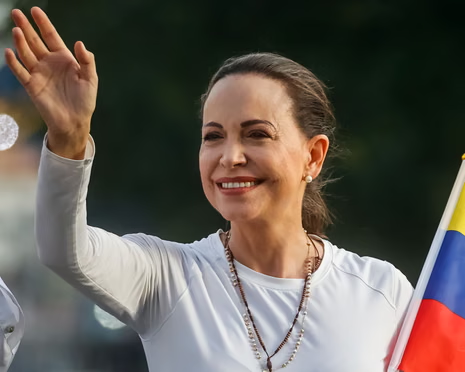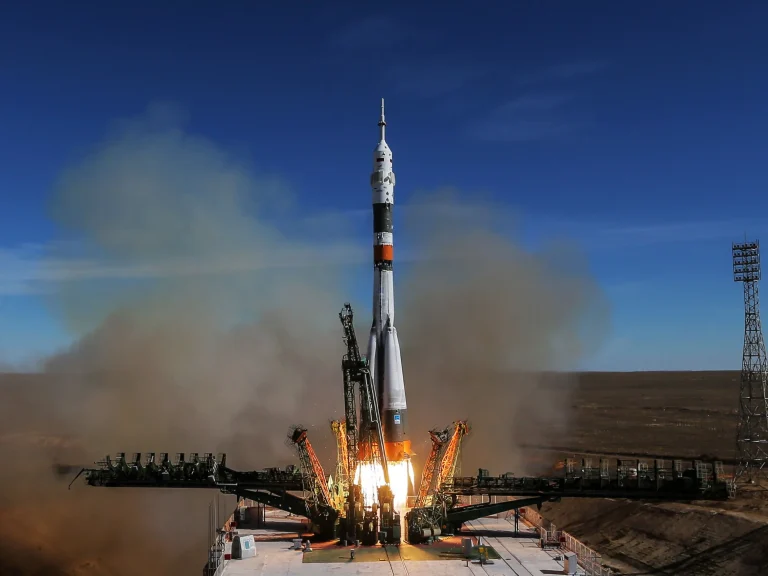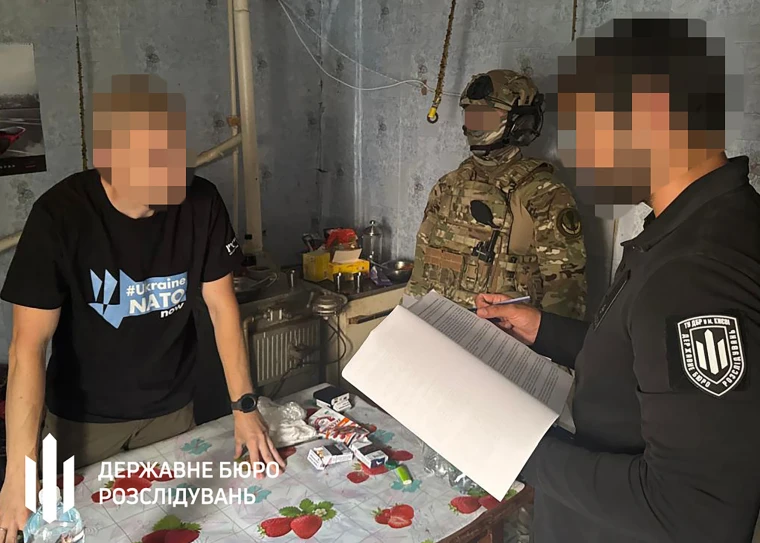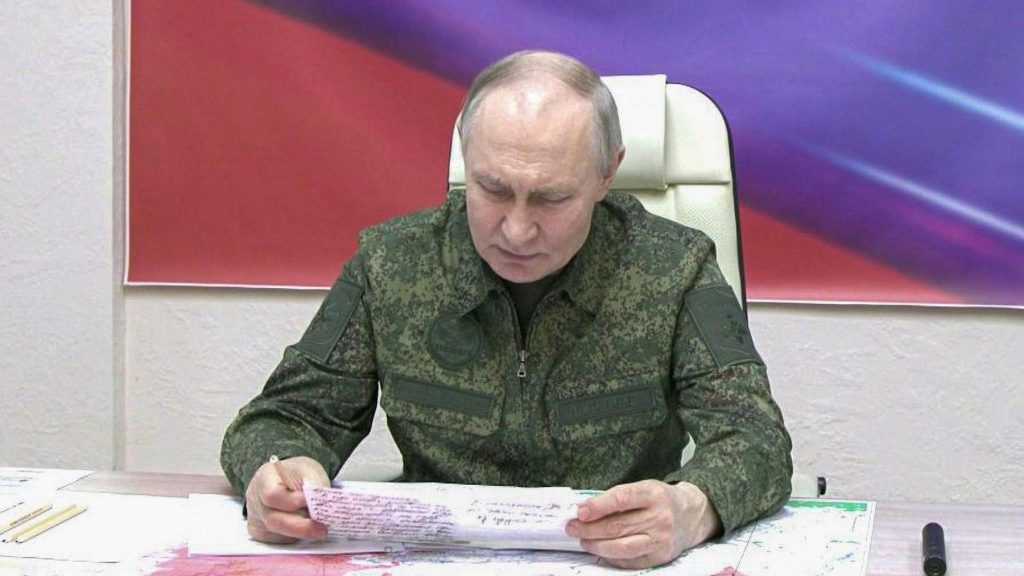
For the first time, the Kremlin has publicly addressed calls to accept the 30-day ceasefire agreement reached between Washington and Kyiv in Saudi Arabia. Russian President Vladimir Putin’s top foreign policy aide, Yuri Ushakov, dismissed the proposal as a temporary measure that fails to address Russia’s core interests.

“Our position is clear—the proposal is nothing more than a short-term reprieve for the Ukrainian army,” Ushakov told U.S. National Security Advisor Mike Waltz. “We seek a lasting peace agreement that acknowledges our legitimate concerns. A ceasefire that merely mimics peace is not what we need in this situation.”
Russia’s Demands Remain Unchanged
According to a Reuters report, Moscow has presented Washington with a list of demands for ending the war, though details remain undisclosed. However, unofficial sources suggest these conditions remain unchanged: Ukraine must withdraw its NATO membership bid, remove foreign troops from its territory, and recognize Russia’s annexation of Crimea and four Ukrainian regions.
Meanwhile, Steve Witkoff, former U.S. President Donald Trump’s special envoy for the Ukraine war, made a critical visit to Moscow. His trip came after Trump emphasized that all options—including economic sanctions—were on the table.
“I’ve received some positive signals, but one message alone means nothing,” Trump stated. “We have financial measures that could be catastrophic for Russia. I don’t want to use them—I want peace. But if necessary, we can act.”
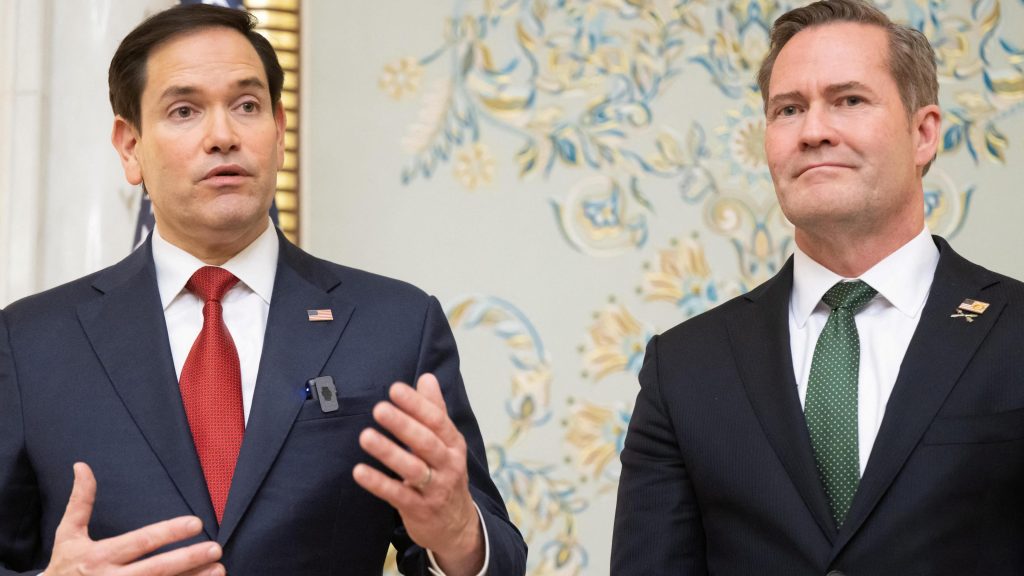
Putin Visits Kursk Amid Fighting
As diplomatic talks continue, Putin made his first visit to the front lines since the Ukrainian offensive in Russia’s Kursk region began seven months ago. Dressed in military fatigues, he received a briefing from General Valery Gerasimov, who claimed Ukrainian forces in the area were near defeat.
“Our immediate objective is to eliminate the enemy entrenched in Kursk as quickly as possible,” Putin declared. He also issued a stark warning regarding foreign fighters, stating they would not be protected under the Geneva Convention on the Treatment of Prisoners of War.
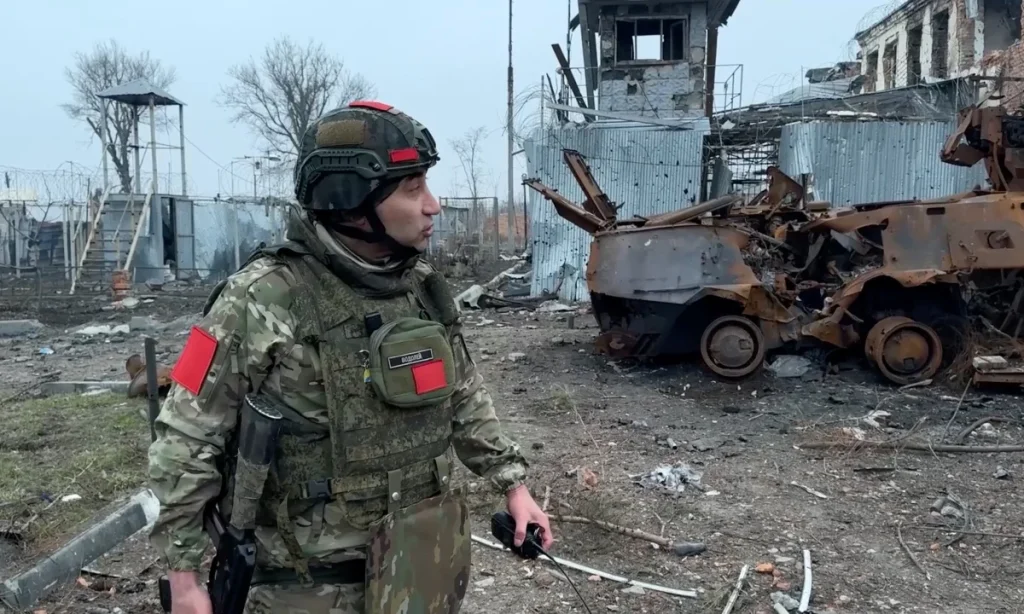
Ceasefire Agreement Faces Uncertainty
The ceasefire deal, brokered two days ago, includes a 30-day halt to hostilities, with the possibility of an extension. Negotiators also agreed to work toward a final peace settlement. While Washington confirmed that territorial concessions were on the table, Ukrainian President Volodymyr Zelensky made it clear that he would not recognize Russian-occupied territories.
As tensions persist, the question remains: will the ceasefire hold, or is a broader settlement still out of reach?
